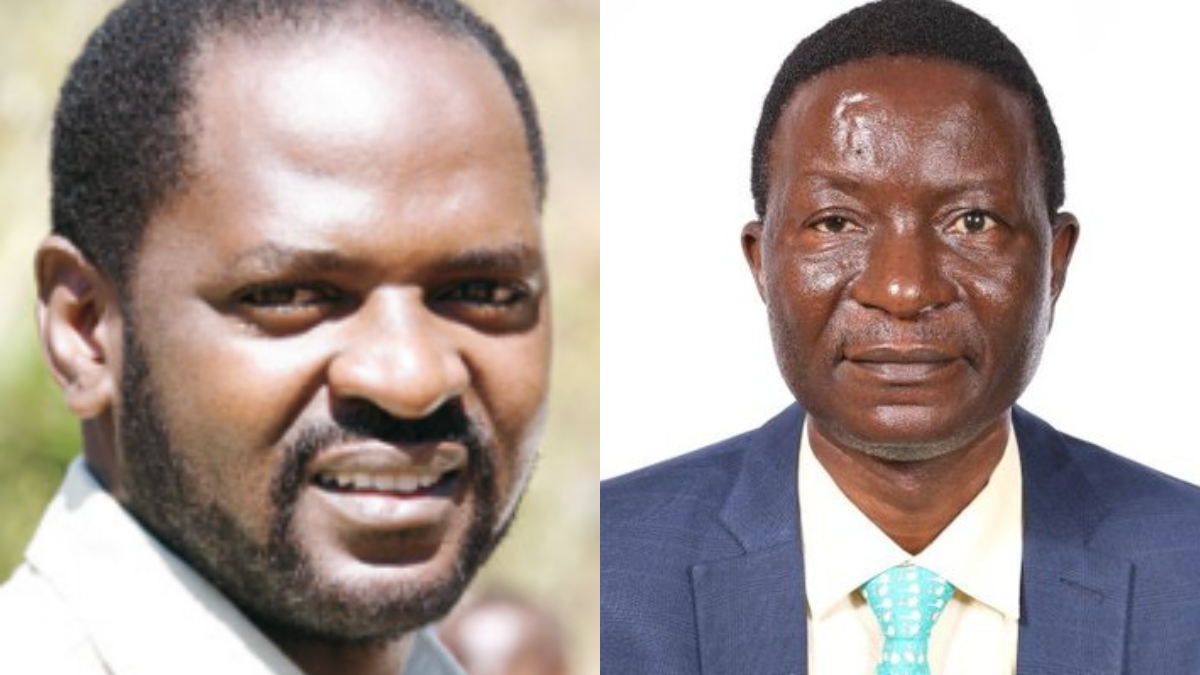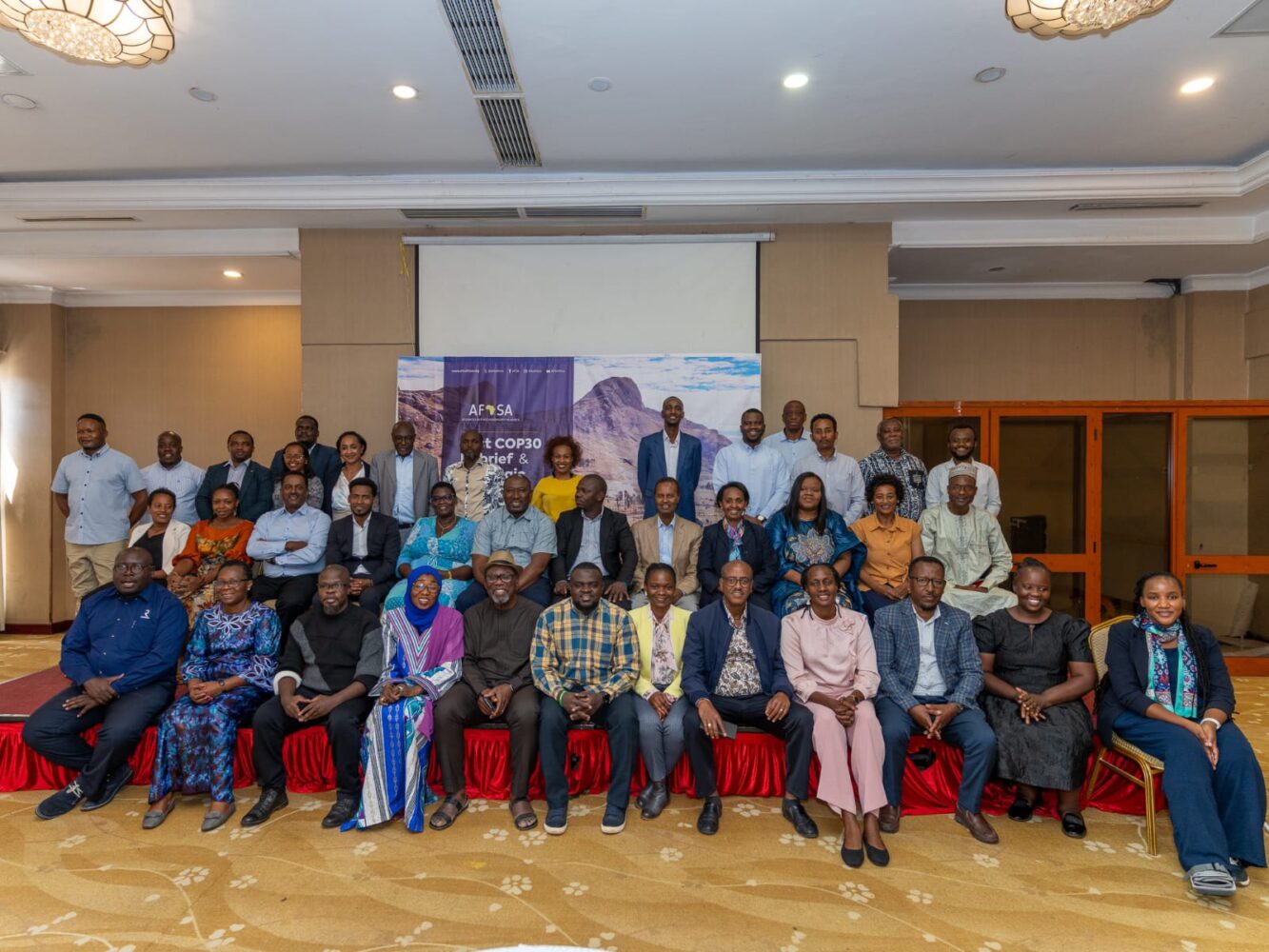At a time when the nation is reeling from the shock following the macabre murder of Kasipul Member of Parliament (MP) Charles Ong’ondo Were, another eerily similar killing just 2.9 kilometers away now casts a dark cloud over Nairobi, triggering questions about security and the targeting of high-profile individuals.
Charles Were, a sitting legislator known for his vocal stance on public accountability, was gunned down in cold blood on Wednesday, April 30 evening. The brazen assassination took place at the City Mortuary Roundabout on Ngong Road, in what police have termed a “targeted and predetermined” killing.
According to a statement from the National Police Service (NPS) Spokesperson Muchiri Nyaga, the MP was seated in a white Toyota Crown vehicle that had stopped at a red traffic light when two men on a motorcycle pulled up beside them. Eyewitness accounts confirmed that the pillion passenger swiftly approached the passenger side of the vehicle and fired multiple shots before escaping with the rider.
“The driver and another passenger, both unharmed, rushed the MP to Nairobi Hospital. Unfortunately, he was pronounced dead on arrival,” said Nyaga. “The nature of this crime appears to be both targeted and predetermined.”
Gunned down in similar fashion
This calculated hit mirrors another shocking incident on the night of January 29, 2008 at their home in Woodley Estate, Nairobi—only 2.9 kilometers from the latest crime scene. On the fateful day, MP Melitus Were left his home in the morning for Parliament buildings where he stayed with friends until 1pm when he left for an ODM meeting at Orange House. He later left for a club in Lenana Road to meet a lady who wanted to sell him a car. At 11pm, he dropped the lady at her house in Imara Daima estate and headed to his home alone.
It was then that the killers struck at the gate before the watchman could open for him. The wife had reported that she heard three gunshots and when she came out, she found him lying next to the car and took him to Nairobi Hospital where he was pronounced dead on arrival.
Three sentenced to death
After a harrowing seven years of the late MP’s wife having to deal with accusations that she played a part in his murder, justice was finally served in February 2015.
James Omondi alias Castro, Wycliffe Walimbwa Simiyu alias Zimbo and Paul Otieno alias Baba were on Tuesday, February 10, 2015, found guilty of killing Were.
Justice Luka Kimaru sentenced the trio to death, noting that the prosecution had proven their case beyond reasonable doubt. The judge also congratulated the police for what he termed as “a thorough investigation” into the MP’s murder.
Investigators had used ballistic analysis, blood samples, DNA results and finger prints to pin down the suspects.
“The evidence of ballistic experts established that the spent ammunition recovered at the scene of the crime came from one of the pistol recovered from Otieno’s house,” said the judge at the time.
Furthermore, the jacket and shirt worn by Castro then was found to have blood stains belonging to the deceased which indicated that he had come into close contact with slain MP.
“The finger prints found on the Mercedes Benz the former MP was driving on that day belonged to Castro, the DNA results proved that the blood found on Castro’s jacket belonged to the slain leader. It is clear to me that the three participated in the shooting,” the judge added in his ruling that came as a relief to Ms Agnes Wanjiru, the widow.
“At last justice has been done and it is now clear who killed my husband. Those who have continuously suspected me have been proved wrong and although there is nothing I can do, I leave everything to God,” Ms Wanjiru said after the judgment.
The motive behind Melitus Were’s murder, Justice Kimaru observed, was robbery that went wrong.
Charles Were’s murder investigations
The proximity of the two murders—both in location and modus operandi—has set off alarm bells within the security apparatus.
For many Nairobi residents, fear is beginning to replace routine. Questions about public safety, political vendettas and organized crime are swirling through both social media and local communities.
As detectives comb through CCTV footage and interview witnesses, the chilling thought that two individuals were murdered under similar circumstances, within the same neighborhood, continues to haunt the capital.
Other notable politicians who were gunned down in Kenya (post independence) include; Pio Gama Pinto (February 24, 1965), Tom Mboya (July 5, 1969), JM Kariuki (March 2, 1975), Stephen Achiya Echakari (January 26, 1987), Tony Ndilinge (August 1, 2001), Mugabe Were (January 29, 2008), David Kimutai Too (January 31, 2008), and George Muchai (February 7, 2015).











